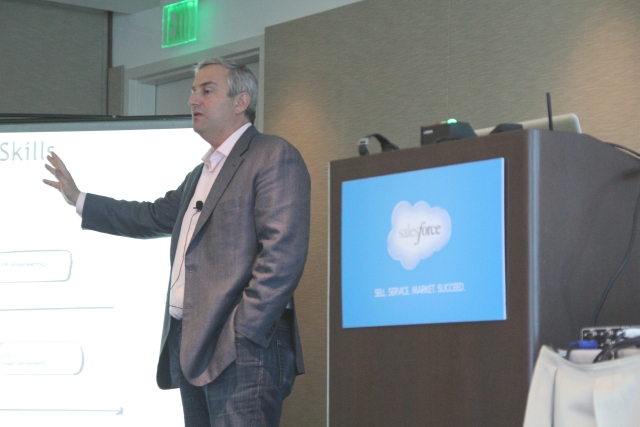“Location, location, location” is the mantra for real estate investors and property speculators, that rule is just as true for those setting up a shop or cafe.
When you pay attention to the retail strips or malls in your suburbs you’ll notice how some locations are doomed to fail.
The featured picture in this post is what should be a good location in the centre of a dining strip in an affluent Sydney suburb. Just fifty metres either side of the premises are successful and long running cafes.
However this spot has had five different business fail in the last three years and in the past decade hasn’t had a single stable tenant.
The question is what causes this? Is it because the landlord’s are greedy?
In some cases it is, the featured premises had a stable tenant in a very nice and well priced fish restaurant for many years. When the landlord jacked up the rent, the seafood cafe moved out and the place has struggled ever since.
Something many people have mentioned to me over the years is how difficult they find it to negotiate on price with landlords over commercial space with the owners very reluctant to budge on rents.
Often, the letting agents are prepared to throw in sweeteners like fitout costs, rental holidays or paying utilities but it’s very rare that the headline rent will be negotiated down.
Part of this could be due to the properties being valued as a multiple of their monthly rents; so if the leasing rate falls, so too does the property value which is bad news for the landlord and their bank.
When landlords get too greedy properties lie vacant for a long time. A good example is nearby to the featured property.

The bike shop that occupied this unit for about 12 months moved out over two years ago and before that it had been vacant for a long time. Despite being on a busy commuter strip in an affluent suburb, it’s a lousy location with poor visibility, truly awful parking and lousy amenities.
In a genuine free market the rent should fall until a business that can operate in such a low turnover location can afford it, that no entrepreneur can make the numbers work indicates the asking price is too high.
Although even the cheapest rents won’t help a truly blighted location which is why it might be a good idea to ask around the local shops and residents to see how a location has performed before signing that lease.
It would be a shame to doom your business because of a lousy choice of location.




